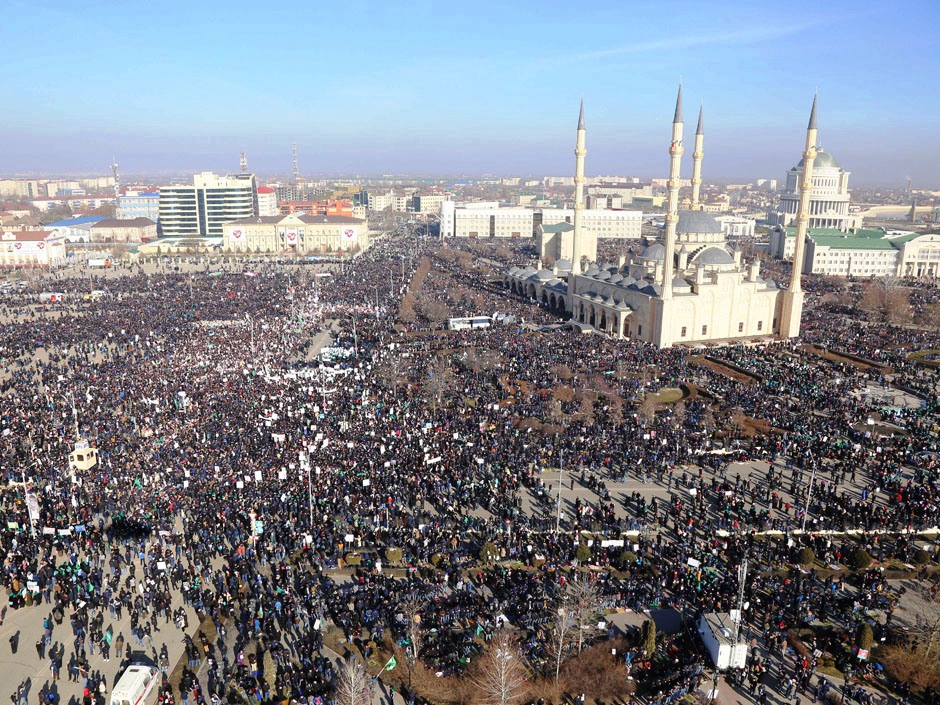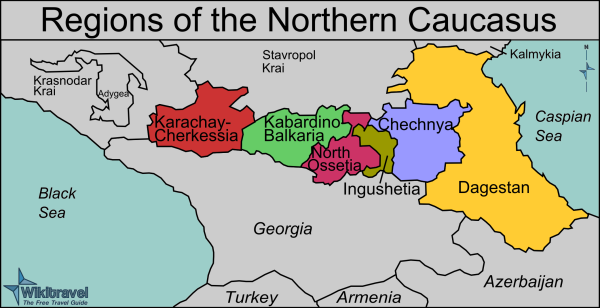While the crisis between Russia and Ukraine has been the focus of much of the world’s attention lately, there are simmering brushfires in other areas of the former Soviet Union.
In the North Caucasus, still part of the Russian Federation, five Muslim-majority ethnic republics, with a combined area of 97,200 square kilometers and a population of more than six million, remain restive and a worry for Moscow. All but Ingushetia border Russia proper.
One of them, Chechnya, has been the scene of two major wars since 1994, leaving tens of thousands dead, and resulting in the displacement to southern Russia of 400,000-600,000 people, predominantly from Chechnya and neighbouring Dagestan.
Despite the official claims of peace, both republics remain major centers of violence. Ingushetia, Kabardino-Balkaria and Karachay-Cherkessia have also experienced jihadi-inspired turmoil.
The revival of traditional Sufi groups and the rise of radical Salafi Islam, especially in Dagestan and Chechnya, was brought about by “the perpetuation of corrupt ruling elites, the absence of political pluralism, severe economic hardship, youth unemployment and high levels of income inequality,” according to Domitilla Sagramoso and Akhmet Yarlykapov, two scholars specializing in the study of the region.
Indeed, they argue, the impact of “growing Islamization of the region’s political life and the increased religiosity” has created a “significant cultural and political cleavage between the North Caucasus and the rest of Russia.”
The works of radical ideologues, the presence of militants from the Arab world, and travels to Muslim countries by young Caucasians, have inspired many to embrace imported jihadi creeds. A network of extremists continues to advocate the establishment of an Islamic state governed by sharia law in all of the North Caucasian republics.
Much of this radicalization is fueled from outside the country. French scholar Giles Kepel has used the term “petrodollar Islam” for the vast infusion of wealth from Saudi Arabia. The long-term strategy is proselytism of Islam — and Salafi Islam in particular.
The percentage of ethnic Russians in the republics has dropped from 26 percent in 1989 to about nine percent today. In Chechnya, it went from under 25 percent to less than two per cent.
There are now even border guards between southern Russia and the North Caucasus. One wonders about the extent to which the republics of Chechnya, Dagestan, and Ingushetia, in particular, are still, except formally, really part of the country.
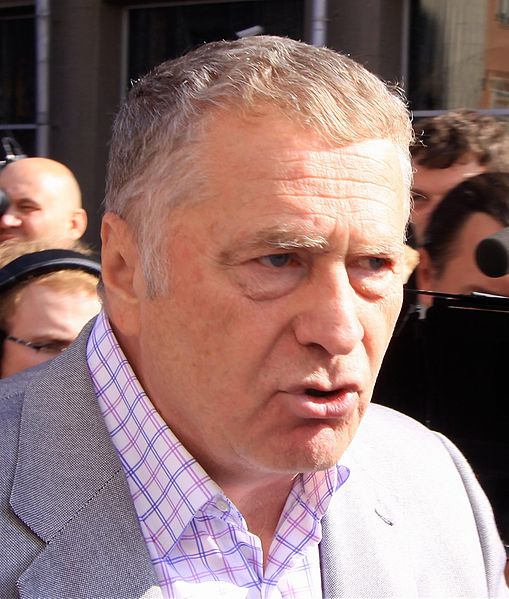
In 2011, two nationalist Russian groups, the Russian Public Movement and the Russian Civic Union, backed by prominent politician Vladimir Zhirinovsky, launched a campaign to have the entire region cut off financially.
Under the slogan “Stop Feeding the Caucasus,” they demanded that the Kremlin cease supporting the economies of the region, which have suffered greatly due to the political instability. (Each republic receives more than 50 percent of its budget from Moscow.)
Russia may have beaten back Chechen attempts at independence or its takeover by Islamists, but at a price.
As British academic Richard Sakwa has pointed out, Russian president Vladimir Putin has allowed the republic to be governed by “strongmen” such as Chechen President Ramzan Kadyrov, in power since 2007. In effect, he writes, Chechnya has achieved “secession without independence.”
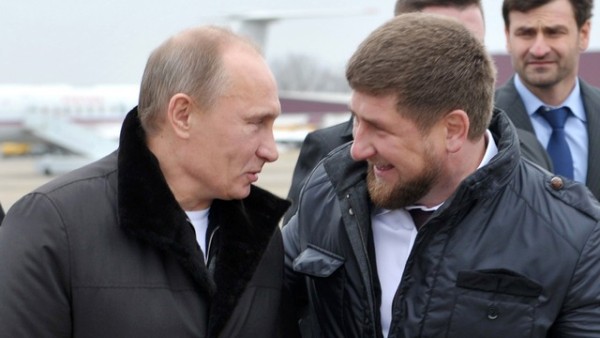
Kadyrov is a strict Muslim who urges Chechen women to wear headscarves and modest clothes. He also encourages polygamy, despite it being illegal under Russian law, and has imposed restrictions on the sale of alcohol, particularly during the month of Ramadan. He even supports so-called “honor” killings.
He has also overseen the construction of hundreds of mosques, including one in the center of Grozny capable of hosting 10,000 worshipers.
The president denounced the cartoons of the Prophet Muhammad published by the Parisian magazine Charlie Hebdo, at a mass rally in mid-January attended by hundreds of thousands in Grozny, the capital of the republic.
“We resolutely announce that we will never let anybody insult the name of the Prophet without punishment,” Kadyrov told the crowds.
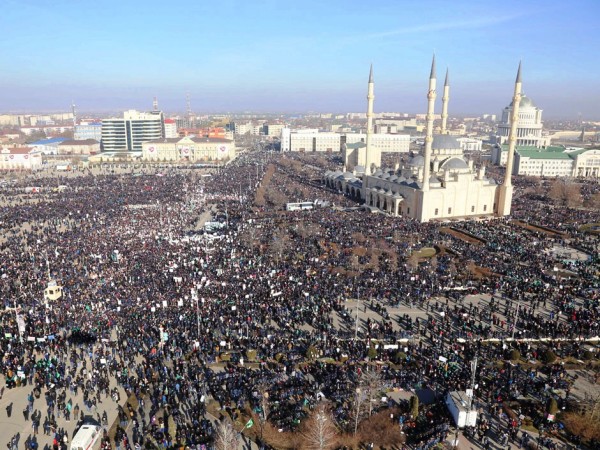
Thanks to the ongoing unrest in the republics, and the periodic terrorist acts by Chechens in Russian cities, including Moscow itself, there has been a concomitant rise of anti-Caucasian sentiments among ethnic Russians, occasionally boiling over into attacks on Caucasians living in Russia proper by ultra-nationalist Russian gangs.
But Kadyrov has proved useful to Putin. He supported Russia in its war with Georgia in 2008, and delivered an astounding (and of course unbelievable) 99.76 percent of the vote in Chechnya for Putin in the 2012 Russian presidential election.
So Putin continues to support Kadyrov and other Russian-installed rulers in the Caucasus, knowing that the alternative would be worse.
Henry Srebrnik is a professor of political science at the University of Prince Edward Island.

